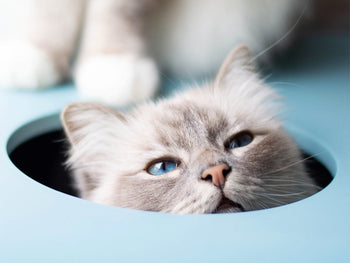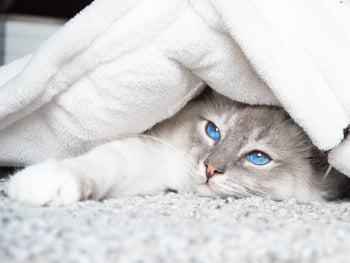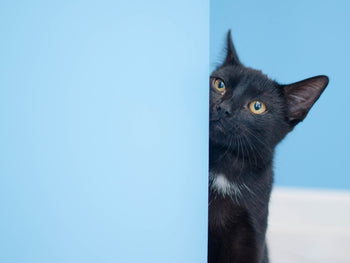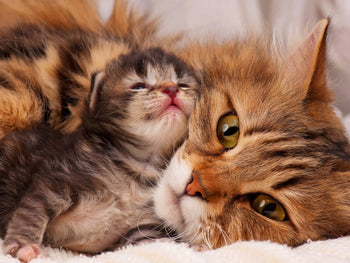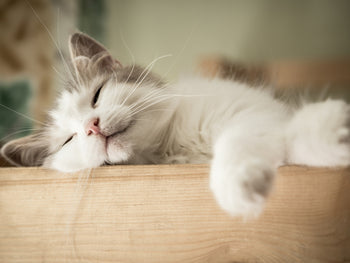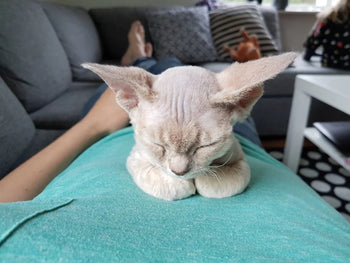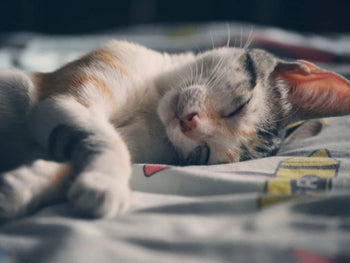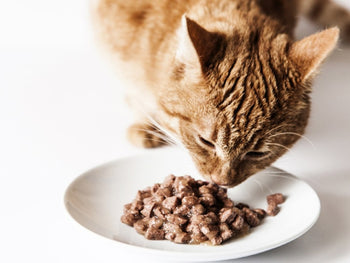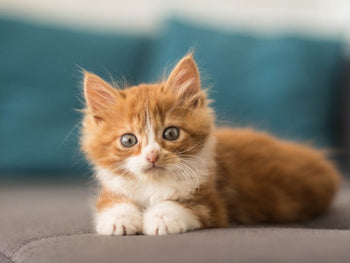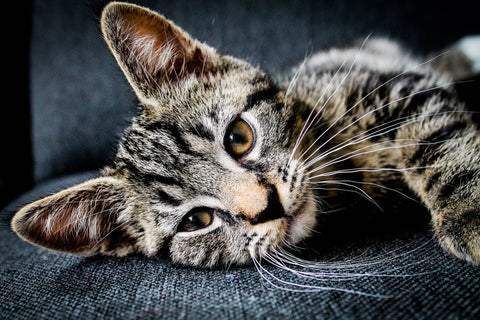
Similar to humans, the felines have to answer the call of nature several times in the course of a day. A variety of factors would influence the frequency of urination as well as the amount of pee including daily diet, fluid intake and so on. As a result, it's indeed tough to reach a conclusive answer regarding the question of "how many times a day should a cat pee? ". Nonetheless, as the urination of your fluffy friend usually reflects its state of health, it's strongly recommended that you keep an out for odd signs in the litter box.
So you happen to notice that your kitty is paying too many/few visits to the litter box recently and worry about its well-being? If that happens to be the case then you have come to the right place. Down below, you would be provided with essential information about urination in cats from how often healthy pets pee every day to what needs to be done to address issues.
Urination In Healthy/Unhealthy Cats
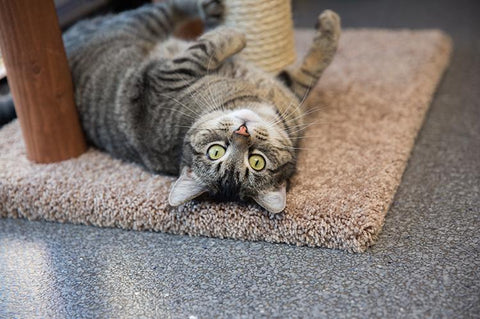
As mentioned above, different cats tend to act differently once it comes to urination but most of the time, healthy felines pee between two and four times a day. So should you be worry if your kitty is peeing less than two times/more than four times per day? Well, it's completely normal for the pets to have slight inconsistencies in daily urination. To determine if your cat is having health issues, you need to gather lots of information besides the frequency of urination.
Overall, the urine of healthy cats should be clear, yellowish (also know as straw-colored). In addition to that, the urine must also be clear enough for cat parents to see through all the way. That means if the pee of your furball seems cloudy, something might have gone wrong. Changes in color, presences of floating matters, ... in the urine indicate potential troubles as well. Last but not least, while cat urine indeed features unpleasant smells in most cases, exceptionally offensive odors could mean problems.
Check us out for further detailed cat's health guide!
What Change The Urination Habit Of Cats: A Few Possibilities
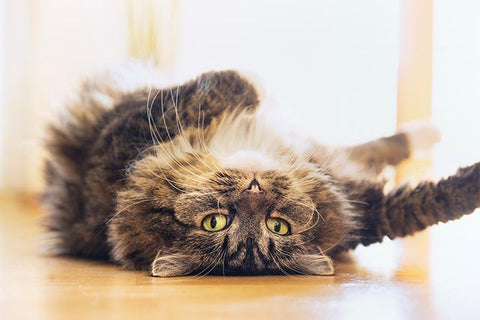
People that wonder about the question of "how many times a day should a cat pee? " often have concerns regarding urine-related trouble in cats. Generally speaking, lots of health issues would change the urination habit of cats but you better remember the following suspects.
-
Critical Organ Failures (Kidney, Liver, ...)
A lot of body organs participate in the process of processing metabolic wastes, urine included. Therefore, if you notice odd changes in the urination habit of your fluffy friend, organ failures might be at fault. If left unaddressed, organ failures in cats could lead to fatal consequences within short periods of time so be careful. Feline experts nowadays usually advise that cat parents play it safe in that situation and schedule an appointment at the local veterinary clinic at once.
-
Dehydration
Many cats prove to be lazy drinkers: they tend to drink less water than they actually require which leads to dehydration, especially in hot weather. As the body of such feline withholds essentially every drop of water that gets in, little urine would be produced. Because of that, most dehydrated pets don't have the urge to go to the litter box like normal ones. If your cat is experiencing dehydration, instead of an inability to expel urine, there is simply no urine to expel. If you get your kitty to drink a wee bit more water every day, it's going to be fine.
-
Hyperthyroidism
As cats get older, they often run into a condition called hyperthyroidism that affects nearly all of the body organs. Regarding clinical signs, all felines with hyperthyroidism have noticeable increases in thirst, appetite and urination. Secondary health issues causes by hyperthyroidism in cats include vomiting, diarrhea, hyperactivity and many more. Treatment regimes vary from case to case depending on the age of the pets as well as state of health.
-
Side Effect Of Certain Drugs
Like humans, cats sometimes need the assistance of medications in order to recover from diseases. Despite the fact that cat-specific drugs rarely give the felines difficulty, they could still cause a couple of changes in daily habits including urination. Hence, if your fluffy is drinking and peeing more than usual, one of the first things you must consider is if it's on medication. In case your kitty is receiving some drugs to treat health issues, increased thirst and rises in frequency of urination might be side effects.
-
Obstructed Urinary Tract
If cats start peeing slightly more/less than usual, they don't necessarily behave like that due to health issues. Therefore, don't worry if the urination of your kitty deviates a bit from what you learn about the question of "how many times a day should a cat pee? ". That being said, in the case the felines stop peeing altogether, they must be in trouble and require immediate assistance. So if you notice that the litter box remains unused for around 24 hours, don't wait a moment longer and take your fluffy friend straight to the vets for examination.
Looking After Cats: Tips And Tricks For Novice Pet Owners
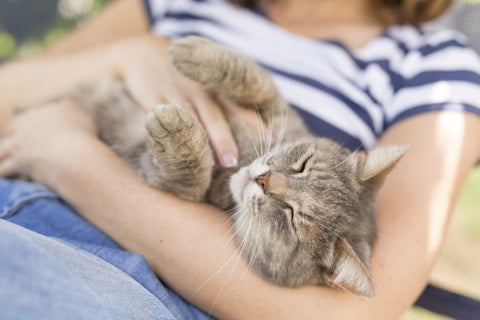
Overall, knowing the answer to the question of "how many times a day should a cat pee? " is definitely nice. Till, if you want to ensure that your furball is safe from urine-related troubles, keep in mind these suggestions.
- Keep The Pets Well-Hydrated: All in all, cats could avoid a variety of problems if they stay well hydrated. That is why it's essential for people to introduce as much water as possible to the body of the pets. You have a lot of options to do that: put together a wet food diet, purchase a few cat fountains,
- Use Drugs Sparingly And Carefully: Modern medication surely comes in handy in multiple cases but don't give them to the felines without thorough considerations. Consult veterinarians before giving drugs to your kitty and remember to always follow their instructions.
- Adopt Periodic Examination For Cats: Certain diseases don't show clear symptoms until they reach advanced stages so as a precaution, have your cat checked at least once a year.
Looking for more interesting Cat Tips & Facts? Visit Cattybox !
